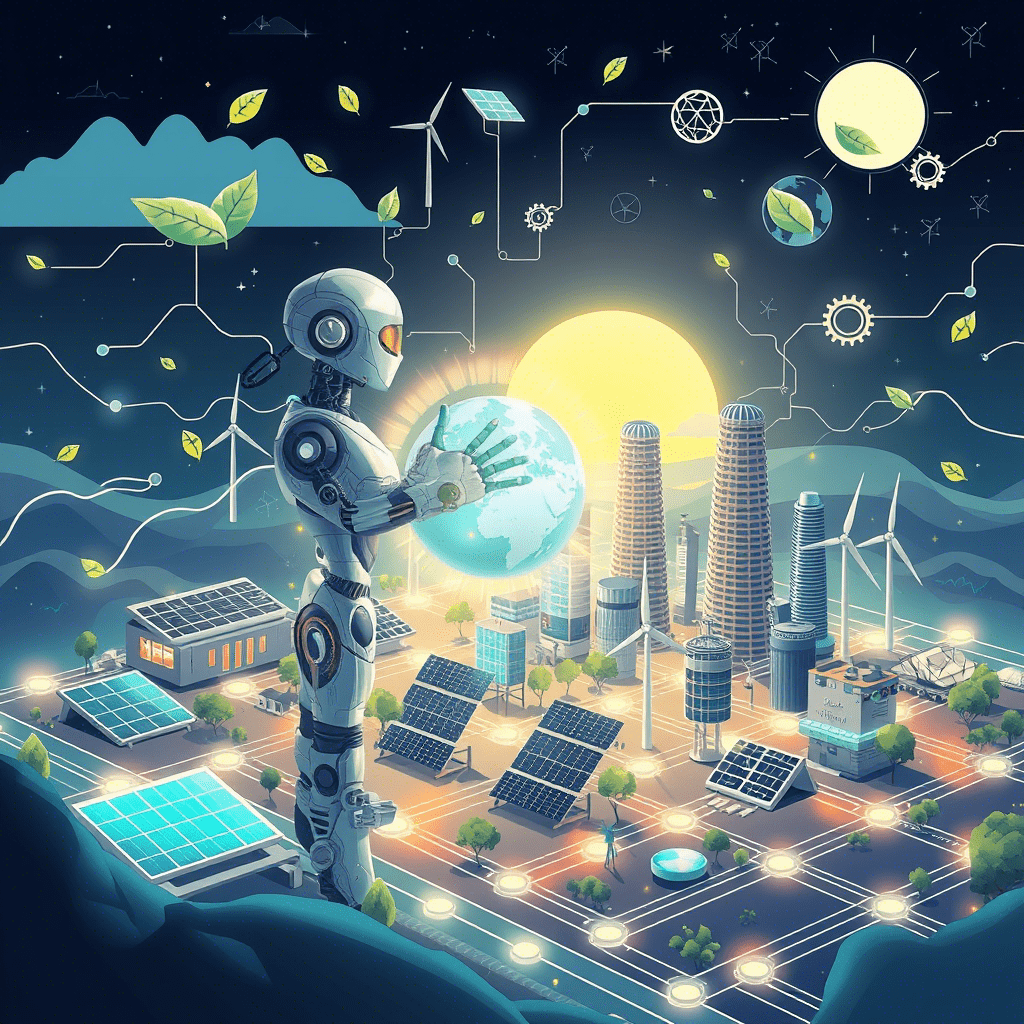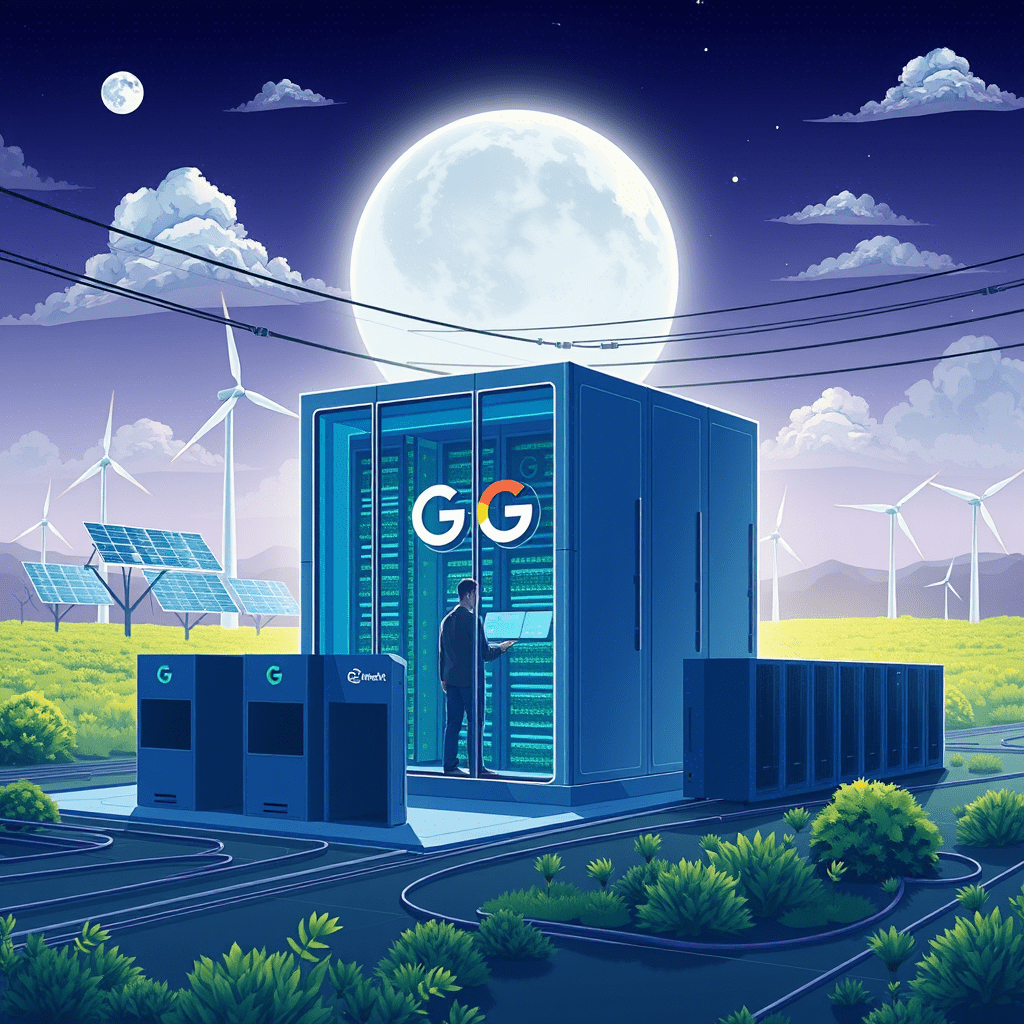Artificial Intelligence is shaking up the green energy world — and not just because it uses a lot of power. In 2025, AI is proving to be a powerful tool in optimizing renewable energy, accelerating clean tech innovation, and even helping build a circular economy. But can something so energy-hungry actually help save the planet? Andrea dives into the pros, cons, and surprising opportunities of AI’s role in the sustainability revolution.





